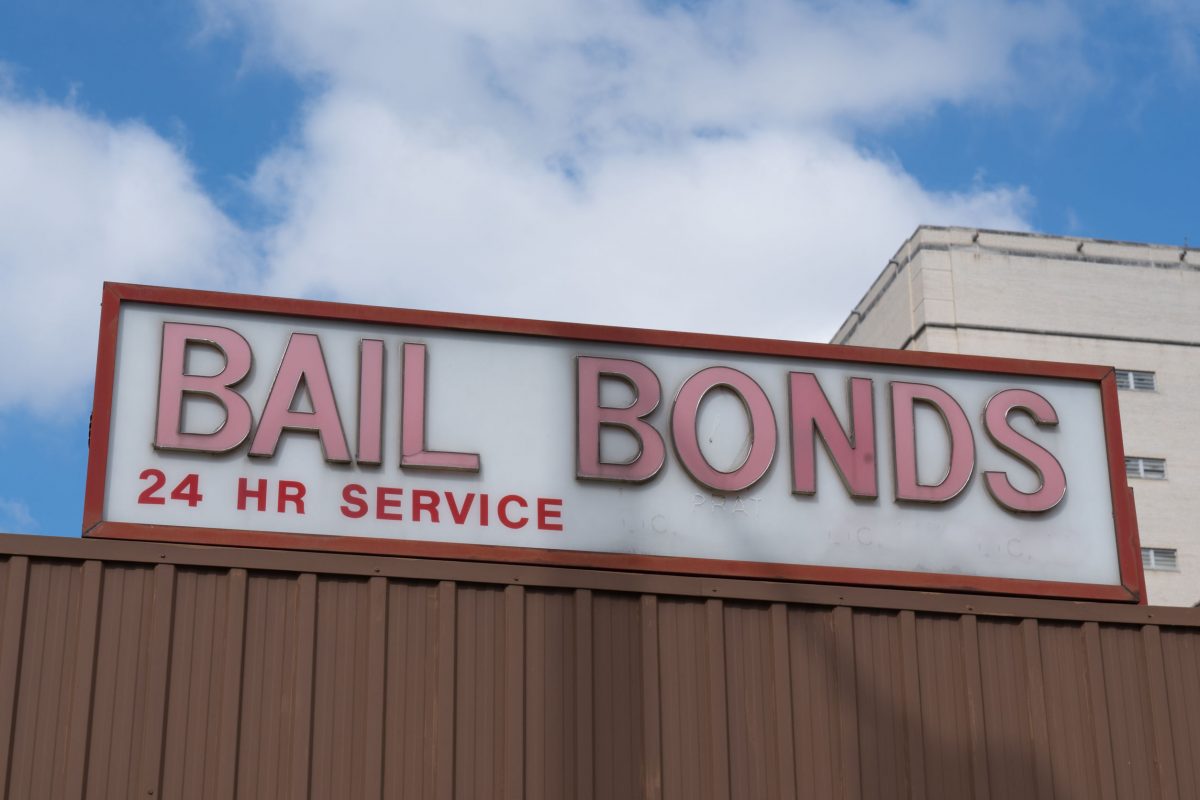Bail bonding is serious business, and it’s one that’s steadily booming: bail bondsmen reel in approximately $14 billion in bail bonds in the United States each year.
But more than the bucks they’re making, bail bond companies provide a lending hand to defendants and their families when all hope seems lost. Not everyone has twenty thousand or fifty thousand in cash readily available for emergencies such as this. Bail bonds companies make it possible for a suspect to return to the community until his trial starts.
Exactly how does it work?
If you break it down into its simplest form, the bail-bond business is simple. Someone gets arrested for a crime and a judge usually allows them to be released before their court date provided they pay an amount of money (the “bail”). This is to provide the court with assurance that the defendant will come back when he’s supposed to. The money will be returned to you when you show up at court for your hearing, but if you don’t, the money will be forfeited.
When the defendant doesn’t have access to that amount of money, they seek the help of a bondsman.
What are the differen types of bonds?
Bail bonds, which are issued by a judge can be classified into three groups.
Cash bonds need to be paid upfront and have proven to be the most effective in convincing defendants to make a court appearance. At the end of the trial, the defendant gets most of his money back, minus court costs.
With surety bonds, the defendant does not have to come up with the cash himself in order to cover the entire bail bond. He simply pays a percentage of the entire amount (usually 10%) to the bail bonds company up front, who then puts up the total bail amount to secure the defendant’s release. This 10% fee is non-refundable once the bail has been posted.
Property bonds also work like sureties, but using the value of tangible property, such as real estate. In certain cases, the property must be valued at least two times higher than the bail amount for it to be considered.
I’m detained… what happens next?
Bondsmen usually never meet the defendants they post bail for, because they’re behind bars. More often than not it’s a family member or close friend that bondsmen interact with. They have to provide the bail bonds company with a profile of the suspect, which includes details such as the nature and place of his work, any pre-existing police records, or previous run-ins with the law, among others. This is to assess whether or not the chances of him fleeing are high or nil.
The bail bonds company will also get the assurance of the defendant’s family that they would pay the bond in the event that the suspect flees. Only then will the bondsman head to the courthouse to pay the entire bond amount.
If the defendant fails to appear before the judge, he becomes a fugitive in the eyes of the law. The bail bonds company then must hunt down the fugitive or reimburse the court for the bond amount. If the suspect succeeds in evading the bondsman’s attempts to locate him, the assets or other promised collateral of the family will be taken in exchange.
On the lookout for a bail bonds agency?
If you or someone you know is in need of Brighton bail bonds companies, look no further. Lucky Lucero’s Bail Bonds is a family-owned and operated bonding company that has been in business since 1982. We will do everything in our power to get you or your loved ones out of jail. Count on us for matters regarding Brighton bail bonds… we’ve got your back!

